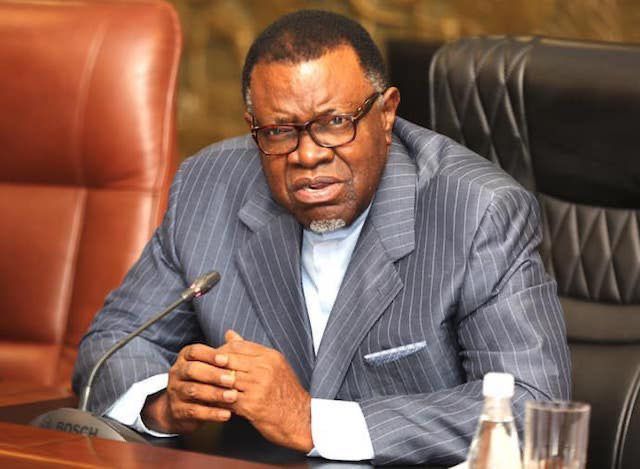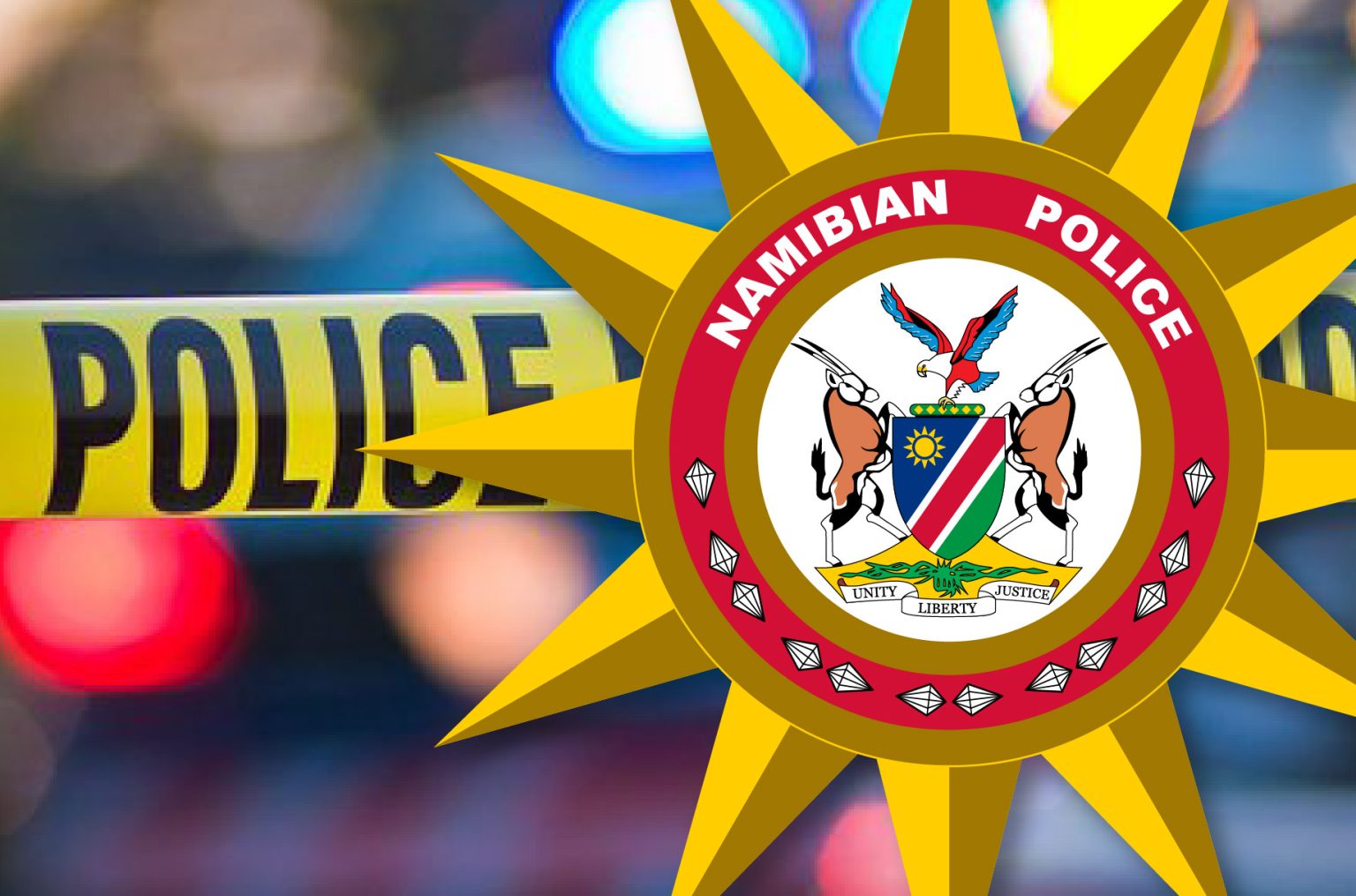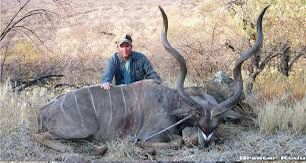PARIS – North Africa and the Middle East held the worst record of press freedom in 2003, Reporters Without Borders said on Monday, noting that 17 journalists were killed in the Arab world beset by various abuses and reinforced self-censorship of the media.
“This was the region with least press freedom,” the Paris-based international press freedom advocate said in its annual report for 2003, coinciding with the World Press Freedom Day. “It had few independent media and journalists in several countries strictly censored themselves.”The Iraq war and the continuing Israeli-Palestinian conflict also “gravely endangered the media’s freedom and safety”, the organisation said.Fifteen journalists and two media assistants were killed in the region, including 12 in Iraq.Reporters Sans Frontieres (RSF) highlighted the threat posed to liberal media in Iraq by “armed groups, terrorists and political movements”.It also pointed out that the occupying US army was “very aggressive towards journalists, five of whom were killed by US soldiers during and after the fighting.But US officials made no proper investigations of these deaths.”Iran remained the region’s biggest jail for reporters, with 40 imprisoned during the year.One, Canadian-Iranian photographer Zahra Kazemi, died after being beaten by her jailers.”Being a journalist in Iran or the Arab world often means not crossing the red lines set by the authorities if you want to avoid the repression of long-established dictatorships, authoritarian regimes or paper democracies,” RSF said.In Syria, there were no independent privately-owned media, while Saudi television and radio remained a state monopoly and the written press was largely controlled by the royal family.”But a few (Saudi) media outlets reported growing calls by civil society for political reforms,” it noted.However, the outspokenness of the Qatar-based Al Jazeera television channel was such that Saudi authorities sponsored the founding of a rival station, Al-Arabiya.RSF said that in Jordan, Yemen and the territories of the Palestinian Authority, “privately-owned media were never safe from threats and censorship and journalists there face imprisonment for defamation or for insulting the authorities of Islam.”In the Gulf, journalists were “still obliged to strictly censor themselves despite encouraging liberal gestures by governments”.Legal abuses became “more disturbing” in Lebanon, long the only island of media freedom in the Arab world, while Egypt tried during the Iraq war to boost a state of emergency allowing the government a degree of control over the media.RSF said press freedom also suffered sharp setbacks in Algeria and Morocco, where two journalists were imprisoned and three others given jail terms they were appealing.It was damning of north African neighbour Tunisia, where it said both private and public media remained “under total government control” despite the November announcement by President Zine al-Abidine Ben Ali ending the state broadcasting monopoly.Sudanese President Omar al-Beshir came in for some praise for a decree encouraging press freedom by lifting censorship and transferring monitoring of the media from the state security services to the National Press Council.”But the wind of change did not sweep away old habits,” RSF said.”The Sudanese state security police continued to oversee the media and have newspapers suspended.”Authorities in Mauritania also suspended newspapers and imprisoned a journalist, while the media in Libya remained “under the thumb” of leader Muammar Gaddhafi, RSF said.Gaddhafi appeared on RSF’s “predators of press freedom” list along with Iran’s supreme leader Ayatollah Ali Khamenei, Tunisia’s Ben Ali, Syrian President Bashar al-Assad and Saudi Arabia’s de facto leader, Crown Prince Abdullah.- Nampa-AFP”It had few independent media and journalists in several countries strictly censored themselves.”The Iraq war and the continuing Israeli-Palestinian conflict also “gravely endangered the media’s freedom and safety”, the organisation said.Fifteen journalists and two media assistants were killed in the region, including 12 in Iraq.Reporters Sans Frontieres (RSF) highlighted the threat posed to liberal media in Iraq by “armed groups, terrorists and political movements”.It also pointed out that the occupying US army was “very aggressive towards journalists, five of whom were killed by US soldiers during and after the fighting.But US officials made no proper investigations of these deaths.”Iran remained the region’s biggest jail for reporters, with 40 imprisoned during the year.One, Canadian-Iranian photographer Zahra Kazemi, died after being beaten by her jailers.”Being a journalist in Iran or the Arab world often means not crossing the red lines set by the authorities if you want to avoid the repression of long-established dictatorships, authoritarian regimes or paper democracies,” RSF said.In Syria, there were no independent privately-owned media, while Saudi television and radio remained a state monopoly and the written press was largely controlled by the royal family.”But a few (Saudi) media outlets reported growing calls by civil society for political reforms,” it noted.However, the outspokenness of the Qatar-based Al Jazeera television channel was such that Saudi authorities sponsored the founding of a rival station, Al-Arabiya.RSF said that in Jordan, Yemen and the territories of the Palestinian Authority, “privately-owned media were never safe from threats and censorship and journalists there face imprisonment for defamation or for insulting the authorities of Islam.”In the Gulf, journalists were “still obliged to strictly censor themselves despite encouraging liberal gestures by governments”.Legal abuses became “more disturbing” in Lebanon, long the only island of media freedom in the Arab world, while Egypt tried during the Iraq war to boost a state of emergency allowing the government a degree of control over the media.RSF said press freedom also suffered sharp setbacks in Algeria and Morocco, where two journalists were imprisoned and three others given jail terms they were appealing.It was damning of north African neighbour Tunisia, where it said both private and public media remained “under total government control” despite the November announcement by President Zine al-Abidine Ben Ali ending the state broadcasting monopoly.Sudanese President Omar al-Beshir came in for some praise for a decree encouraging press freedom by lifting censorship and transferring monitoring of the media from the state security services to the National Press Council.”But the wind of change did not sweep away old habits,” RSF said.”The Sudanese state security police continued to oversee the media and have newspapers suspended.”Authorities in Mauritania also suspended newspapers and imprisoned a journalist, while the media in Libya remained “under the thumb” of leader Muammar Gaddhafi, RSF said.Gaddhafi appeared on RSF’s “predators of press freedom” list along with Iran’s supreme leader Ayatollah Ali Khamenei, Tunisia’s Ben Ali, Syrian President Bashar al-Assad and Saudi Arabia’s de facto leader, Crown Prince Abdullah.- Nampa-AFP
Stay informed with The Namibian – your source for credible journalism. Get in-depth reporting and opinions for
only N$85 a month. Invest in journalism, invest in democracy –
Subscribe Now!






